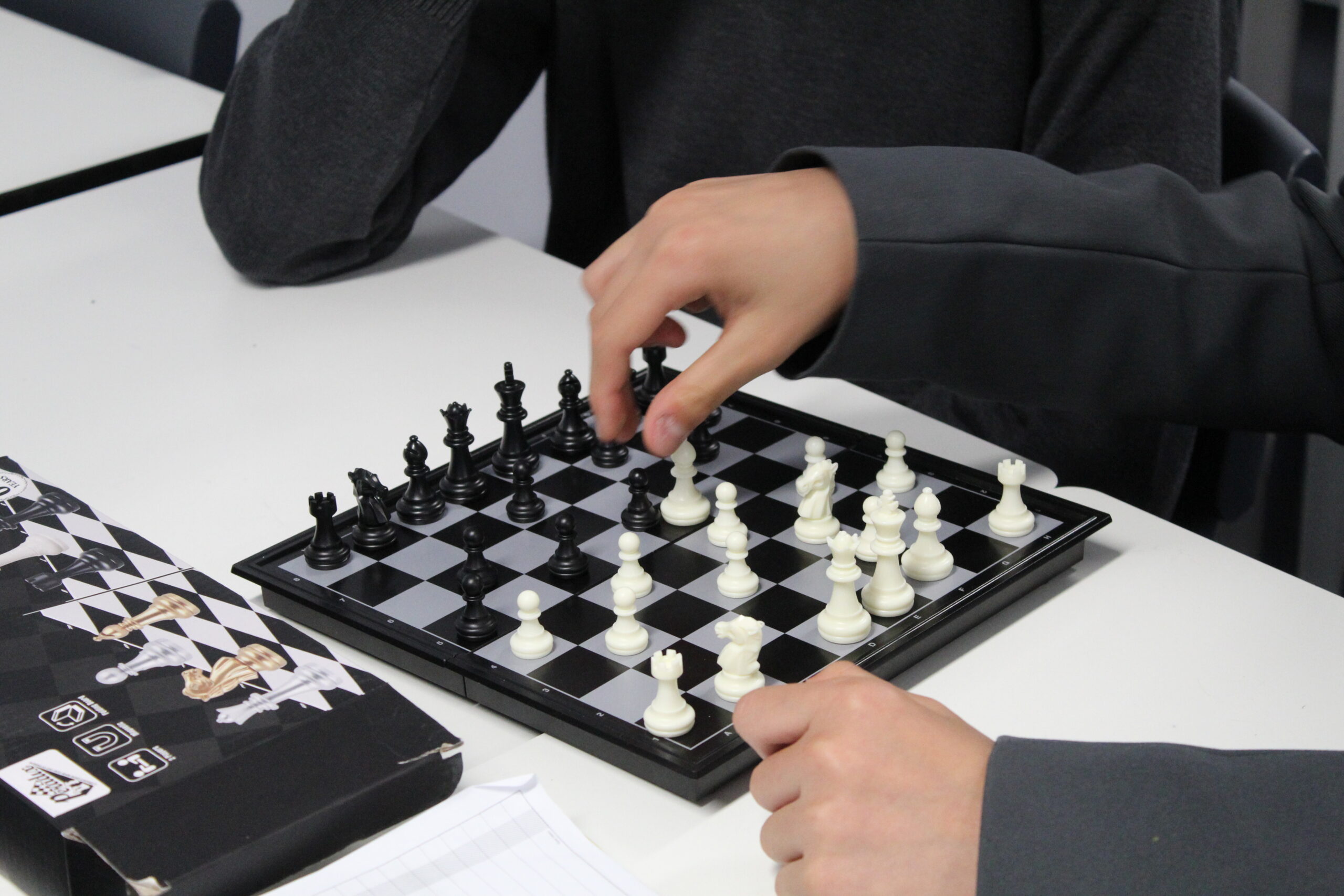
The Curriculum
The Curriculum
The best knowledge, in the best order, making it stick
In line with the Federation’s secondary curriculum intent, at Mossbourne Victoria Park Academy student learning is coherently planned and sequenced to ensure that students acquire and retain the knowledge and skills needed to fulfil their potential. Mossbourne Victoria Park Academy offers a rich and stimulating curriculum that is tailored to student need, offering both support and challenge to all learners to ensure that every student achieves excellence. From rowing to Latin, our curriculum is broad in scope, yet also underpinned by the knowledge that a good secondary education requires a deep understanding of the core Ebacc subjects. To this end, we dedicate substantial time and resources to Maths, English, Science, Languages and the Humanities subjects. Throughout the curriculum, we focus on delivering knowledge effectively, assessing it rigorously and ensuring our students retain it. Finally, we believe in the importance of personal behaviours and attitudes to learning, without which no curriculum can be effectively delivered.
Years 7-8
The core curriculum comprises:
- English (Language and Literature)
- Maths and Computing
- Science (Chemistry, Biology and Physics)
- History
- Geography
- Religious Studies
- Spanish
- Art and Design Technology – Art, Textiles and Food
- Music
- Drama
- Physical Education
- The Bourne Scholar
An overview for the curriculum of each subject is available below:
Year 9
Students continue with core subjects (English, Maths, Science, Spanish, History, Religious Studies, The Bourne Scholar). They then choose two option subjects from:
- Drama
- Fine Art
- Food Preparation and Nutrition
- Music
- Physical Education
- Sport BTEC
- Psychology
- Sociology
- Textile Design
Some students undertake a third, elective option in:
- Latin
- Japanese
During this year, subjects previously taught in Year 7 and Year 8 consolidate and expand upon the knowledge learned. New options subjects begin by introducing students to their respective disciplines and necessary foundational knowledge. All subjects begin equipping students with the skills and knowledge required to be successful in their public examinations at the end of Year 10 (Religious Studies, Latin, Japanese) and Year 11.
An overview for the curriculum of each subject is available below:
Years 10-11
Students continue with all core subjects (English, Maths, Science, Spanish, History, and Religious Studies, apart from The Bourne Scholar) and their option choices. This ensures that students focus more time upon the subjects in which they will sit public examinations.
An overview for the curriculum of each subject is available below:
Curriculum Hours
For an overview of the hours allocated to each subject by year group, see here.
Oracy and Literacy
We believe that being a confident and articulate communicator, in both private and public forums, is an essential life skill. Our students’ ability to communicate will be the key factor in unlocking doors to top universities, to aspirational careers and will, therefore, create a level playing field to enable Mossbournians to compete on a world stage. Therefore, literacy and oracy are key components of an education at Mossbourne Victoria Park Academy.
Oracy, the ability to communicate fluently and grammatically in speech, is developed at Mossbourne through our high standards and expectations for student talk in every lesson across the curriculum. We participate in nationally recognised speaking competitions, encourage performance as part of our extra-curricular drama programmes and encourage the development of debating skills, public speaking and recitals. Examples of our commitment include the weekly ‘Big Debate’ where all Year 8 students have a timetabled period dedicated to receiving, discussing and articulating opinions and Year 10’s yearly participation in ‘Jack Petchey’s Speak Out Challenge’.
Literacy and written communication are developed, again, through rigorous demands for written work in all subjects as well as giving opportunities to write through creative writing competitions, essay competitions and various academic clubs.
Overall, we pride ourselves on our students’ confidence, clarity and content of communication and we feel that this is vital for creating students who will enjoy successful academic careers and successful lives.
